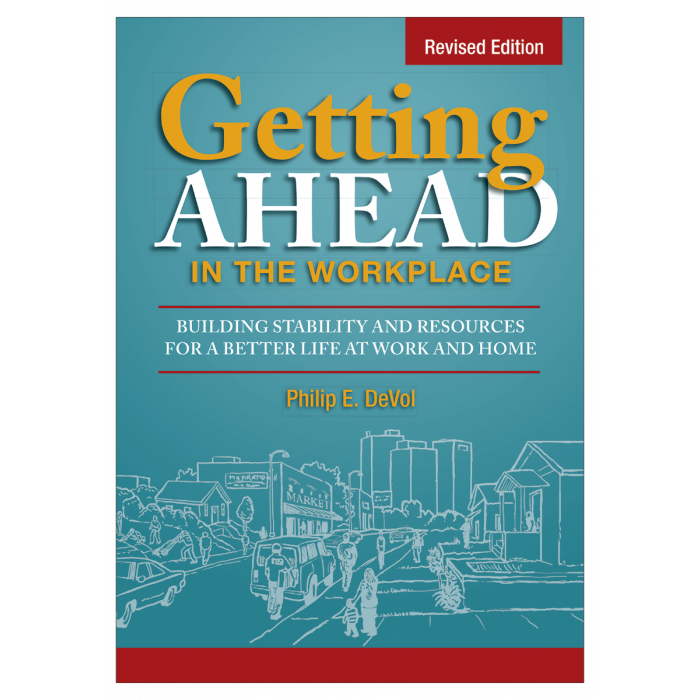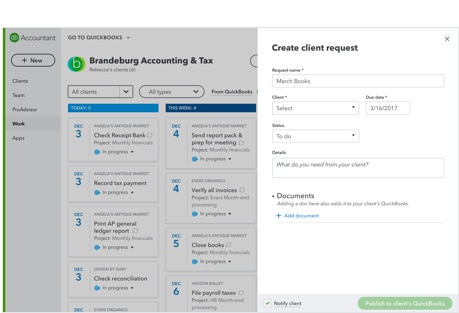
It can be difficult to change jobs. However, there are some ways to make it less stressful. Be honest about why you are changing jobs. This will allow for you to manage your emotions, and your workload during the transition period. You can also be open about your decision to help you prepare for any unexpected questions during the transition.
To make a job change successful, you must balance work and family.
You should think about the importance of work-life balance when you are considering changing jobs. You need to find a place that allows you to work efficiently while still having time for your family and leisure. Research has shown that people are more interested in jobs that allow for work-life balance. Retaining happy employees can help you retain and attract the best talent. Your company will save time, money, and ensure that your staff has a balanced life.

To avoid burnout and increase performance, employees need to have a work-life balance. The type of work that you do will affect the quality of your work-life. Some jobs are monotonous and boring, while others require you think creatively and to be proactive. In addition, the level of stress can affect the quality of work-life. High levels of stress can affect productivity and performance as well as your quality-of-life.
Be honest as to what caused the change in jobs
Asking you why you changed jobs is a good idea. Even though your initial answers might not sound polished, they are truthful. You should consider both the positive aspects and the negative aspects of your new job. Think about the lessons that you have learned from this experience.
Be prepared for unexpected questions during a job change
Sometimes, unexpected questions will be asked during a job switch. These questions are not necessarily related to your expertise, and you should prepare for them. They are intended to test your values and the way you think. You must be ready to answer these questions calmly and honestly.

Knowing the employer's requirements will help you answer any unexpected questions with ease. If you're unsure, the tips below can help you prepare for any unexpected questions. Before an interview, make sure to research your interviewer and their concerns.